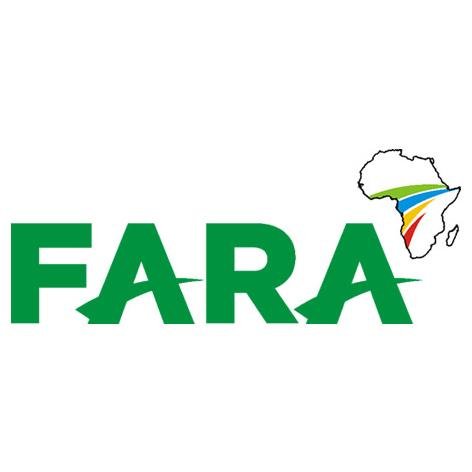Studying learning and innovation networks – a conceptual and methodological framework
This paper outlines the main concepts and methodology that the SOLINSA project uses in its study of learning and innovation networks. This project aims to identify barriers to the development of Learning and Innovation Networks for sustainable agriculture (LINSA). In such networks, social learning processes take place, and knowledge about sustainable agriculture is co-produced by connecting between the different frames and social worlds of the stakeholders with the help of boundary objects. Studying such processes at the interface between different knowledge spheres of research, policy and practice requires a specific methodology. A transdisciplinary reflective learning methodology addresses the complex question of understanding learning and innovation. The paper highlights the challenges of this approach that involves stakeholders already in the phase of defining the research objectives and strategies. Results from a first round of application of the conceptual and methodological framework will be presented and discussed.
The paper has been presented at: "Agriculture in an urbanizing society. International Conference on Multifunctional Agriculture and Urban-Rural Relations, Wageningen, 1-4 April 2012".
Related Resources

Unravelling institutional determinants affecting change in agriculture in West Africa
This paper compares lessons learned from nine studies that explored institutional determinants of innovation towards sustainable intensification of West African agriculture. The studies investigated issues relating to crop, animal, and resources management in Benin, Ghana, and Mali

Capacity to innovate in the SRF Complexity
Paper presented to the European Initiative for Agricultural Research and Development (EIARD), 12 January 2015.
Agricultural Innovation in the Volta River Basin : An Analysis of Changes in Knowledge , Skills and Livelihoods brought about by the Volta Basin Development Challenge
Within the agricultural development sector, innovation has been identified as a primary pathway to achieve economic, social and environmental goals. Innovation is traditionally defined as a linear and relatively homogenous process involving the invention of a “new” technology that is...
The institutional structure of rural extension and public-private relations in Latin America
This policy brief summarizes the following points:
- Given the importance of agriculture and the rural medium for countries’ growth and development, policy makers must strengthen the institutional structure of rural extension and increase public and private investment.
- Abundant natural resources, ...

Maximizing Impact from Agricultural Research: Potential of the IAR4D Concept
Review of the IAR4D methodological framework and pathways to impact on the basis of FARA's experiences. It also includes conclusions in terms of policy recommendations.


